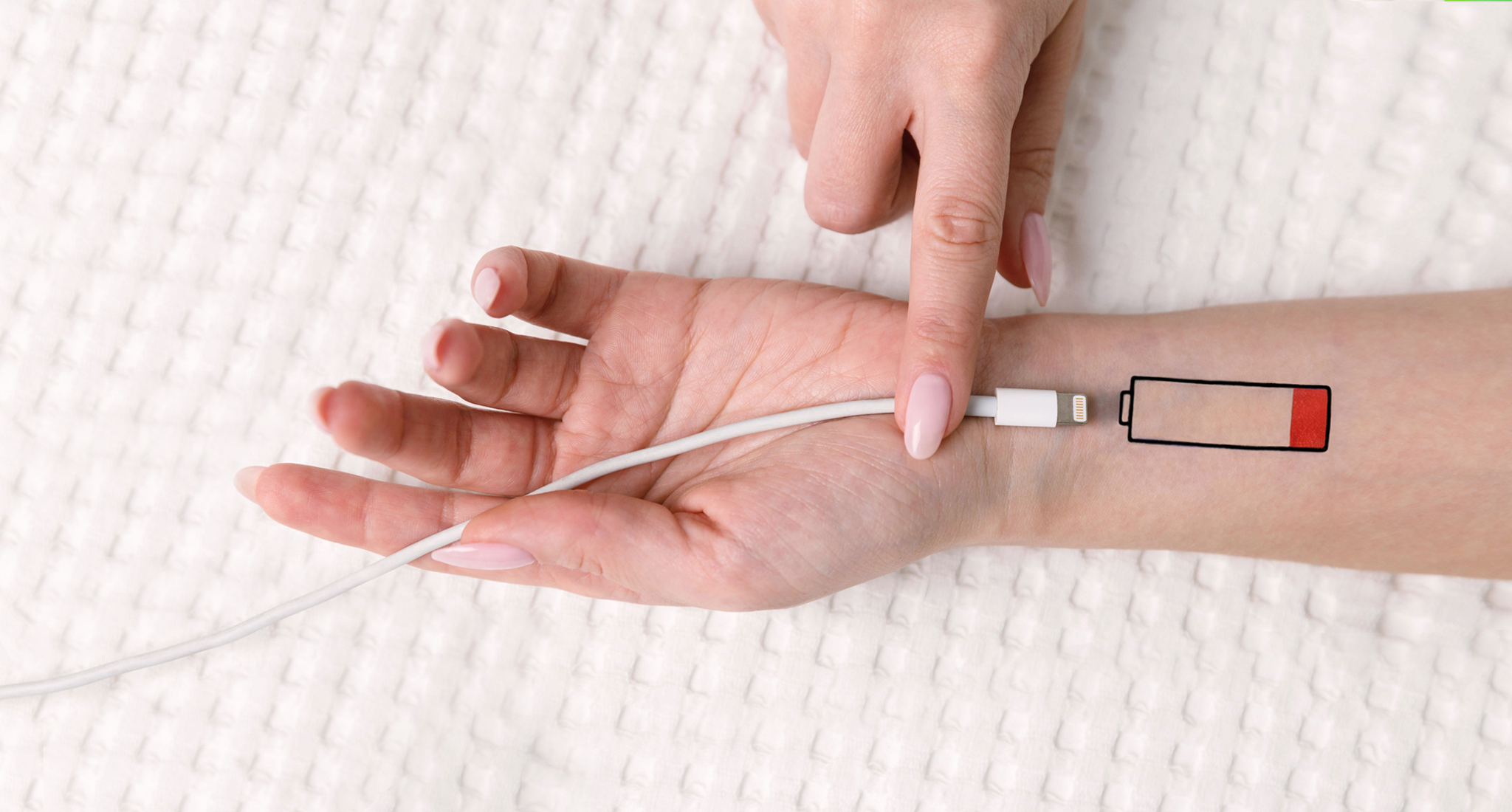
People often confuse fatigue with being sleepy. Oncology-related fatigue feels heavier and more persistent. It doesn’t improve with rest. Patients describe it as a full-body exhaustion. Even small tasks require major effort. This type of fatigue is one of the most reported treatment side effects. It affects thinking, movement, and emotions.
Fatigue intensity doesn’t always match the treatment schedule
Some expect to feel worse only on treatment days. But fatigue can appear unpredictably. It might hit hard a few days later. For others, it builds gradually over weeks. Each person’s pattern differs. The timing and severity often surprise patients. Predicting it is difficult without experience or close tracking.
Certain medications may contribute to overwhelming tiredness
Not just chemotherapy, but steroids and painkillers play a role. Some drugs affect the nervous system directly. Others alter sleep or disrupt metabolism. Interactions between treatments can amplify exhaustion. Oncologists monitor these effects closely. Adjusting dosage sometimes improves fatigue without harming treatment results.
Emotional stress deepens the sensation of fatigue
Anxiety, fear, and sadness increase the mental load. This emotional weight drains physical energy too. It becomes hard to distinguish emotional from physical fatigue. Worrying about lab results or waiting between scans adds strain. Psychosocial support helps manage this invisible burden. Talking often lightens the fatigue more than expected.
Appetite loss often leads to low energy reserves
Fatigue isn’t always from the treatment itself. Poor nutrition reduces stamina. Nausea, taste changes, and swallowing difficulties impact food intake. When calories drop, the body slows down. Muscles weaken, and energy dips even more. Dietitians help patients maintain strength despite eating challenges.
Short naps can sometimes worsen sleep quality
It’s tempting to nap often when tired. But too many naps disrupt night sleep. Restless nights feed daytime fatigue again. Balancing rest without over-napping is tricky. Experts recommend scheduled breaks instead of random naps. A routine helps stabilize the body’s rhythm.
Moving less can actually increase the feeling of exhaustion
Fatigue makes movement feel impossible. But avoiding all activity deepens the problem. Inactivity weakens muscles quickly. Blood circulation slows down. Even simple stretching can refresh energy. Walking short distances helps clear mental fog. Many oncologists recommend low-impact routines to break the cycle.
Caffeine might offer short boosts but worsens overall fatigue later
Coffee provides temporary alertness. But it interferes with hydration and sleep. Overuse creates energy crashes. Some patients become more tired after withdrawal. Alternatives like herbal tea or flavored water work better. Hydration supports energy at a cellular level. Timing caffeine use matters more than quantity.
Hormonal changes during treatment may intensify tiredness
Some therapies impact estrogen, testosterone, or thyroid hormones. These shifts affect metabolism and mood. The result is often greater fatigue. Endocrine symptoms sometimes go unnoticed amid cancer care. Testing hormone levels helps explain unexpected tiredness. Hormone replacement or supplements may restore balance.
Blood counts influence how much energy the body can produce
Fatigue often spikes when hemoglobin drops. This happens during chemotherapy or radiation. Red blood cells carry oxygen to tissues. Fewer cells mean less oxygen delivery. Patients may feel breathless or dizzy. Blood transfusions or iron support improve energy in such cases. Monitoring blood counts becomes routine during treatment.
Low white blood cell levels demand more rest, not less
When immune cells fall, the body becomes vulnerable. Even minor infections drain energy rapidly. Fever, chills, or sore throat can signal deeper issues. Patients should rest more during neutropenic phases. Preventing illness protects both energy and safety. Hygiene and distance from crowds are essential.
Hydration affects concentration, movement, and endurance
Even slight dehydration worsens fatigue. Many forget to drink water throughout the day. Medications and heat increase fluid loss. Dry mouth or dizziness can be early signs. Small sips every hour help maintain balance. Electrolyte-rich drinks are useful during hot weather or illness.
Temperature sensitivity plays a role in perceived fatigue
Cancer patients often become more sensitive to heat or cold. Temperature extremes demand extra energy from the body. Fatigue spikes on hot afternoons or cold mornings. Wearing layers and using cooling or heating devices can help. Comfort affects endurance more than people expect.
Pain management requires balance to avoid sedation
Fatigue often overlaps with pain. But painkillers sometimes cause drowsiness. Finding the right dose is key. Overmedication dulls awareness and movement. Under-medication allows pain to drain energy. Patients should communicate openly about their pain and fatigue levels. Adjustments are always possible.
Vitamin and mineral deficiencies may go undetected
Treatment interferes with nutrient absorption. Deficiencies in B12, iron, or magnesium cause fatigue. Blood tests reveal what’s missing. Supplements improve stamina gradually. Multivitamins aren’t always enough. Targeted nutrition matters more than general pills. Personalized advice from a specialist speeds recovery.
Social withdrawal deepens the sense of exhaustion
Isolation increases mental fatigue. Lack of interaction leads to disconnection. Even short calls or visits uplift energy. Sharing fears reduces emotional weight. Support groups normalize feelings. Online forums offer space for honest conversation. Connection often recharges the spirit.
Breathing exercises support relaxation and oxygenation
Shallow breaths limit energy flow. Deep breathing sends oxygen to vital organs. It also calms the nervous system. Breathing slowly through the nose reduces panic. Many cancer centers offer guided breathing sessions. They’re simple, free, and effective. Some patients practice daily during fatigue peaks.
Scheduling activities avoids energy crashes
Random tasks tire the body faster. Planning one main activity per day helps conserve strength. Mornings are often better than afternoons. Mixing rest with gentle activity maintains balance. Patients feel more in control with structure. Overcommitting increases frustration and fatigue.
Fatigue may last after treatment ends
Some expect energy to return immediately. But post-treatment fatigue can linger. Body systems need time to reset. Months of therapy leave internal changes. Patients shouldn’t rush back to full routines. Pacing recovery prevents setbacks. Rest remains a valid part of healing.
